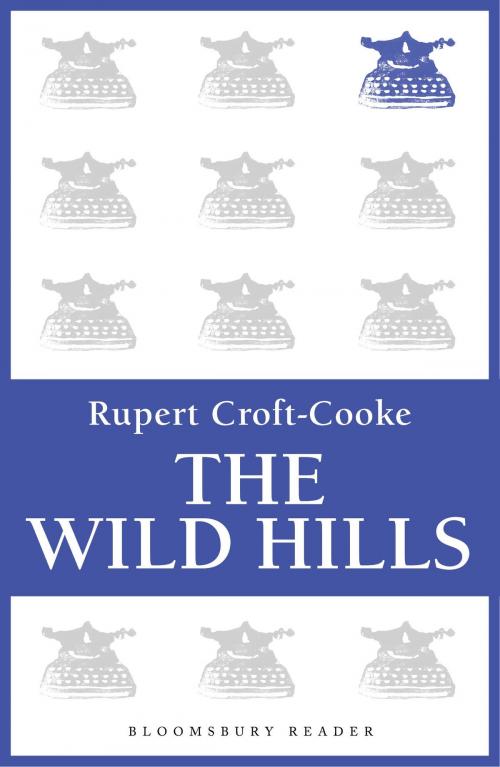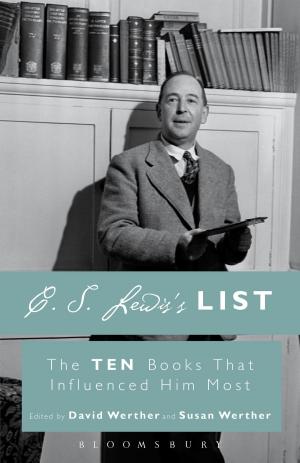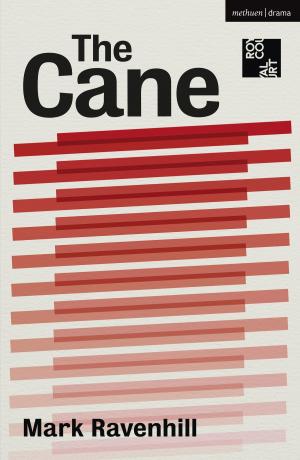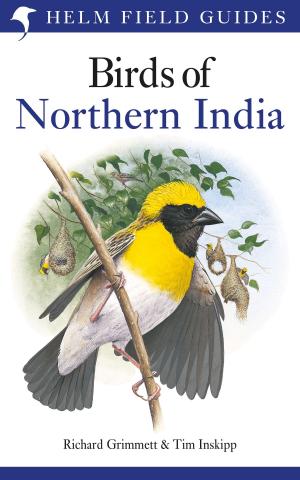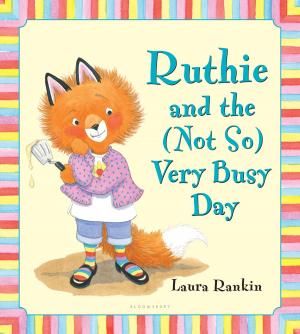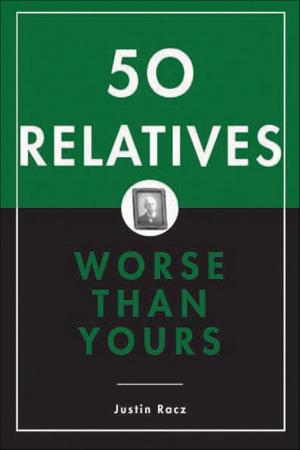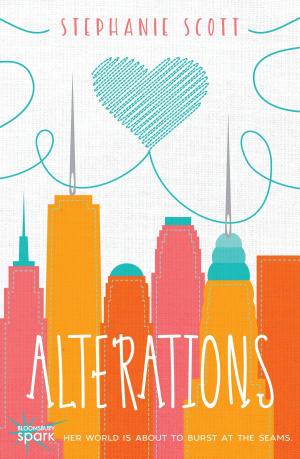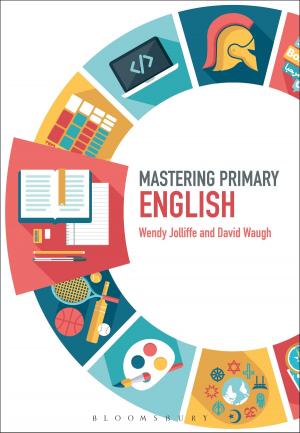| Author: | Rupert Croft-Cooke | ISBN: | 9781448204786 |
| Publisher: | Bloomsbury Publishing | Publication: | September 28, 2011 |
| Imprint: | Bloomsbury Reader | Language: | English |
| Author: | Rupert Croft-Cooke |
| ISBN: | 9781448204786 |
| Publisher: | Bloomsbury Publishing |
| Publication: | September 28, 2011 |
| Imprint: | Bloomsbury Reader |
| Language: | English |
This Latest Volume of Autobiography opens in 1934, in an isolated hamlet in the Cotswolds. Mr. Croft-Gooke was 30 years old. He had published six novels, was earning £300 a year, and considered himself 'an enviable young man'. He had a house with peacocks on the lawn. He was happy.
He decided however to revisit Argentina, where he travelled extensively, lecturing and meeting old friends and new. When he returned to his isolated hamlet, in fog and snow, he was no longer happy, but restless and unsettled. He decided to go back to Kent, where he was born.
With charm and humour, Mr. Croft-Cooke vividly recreates the places and people of his youth.
As a reviewer in The Times Literary Supplement wrote: 'Social historians of the future will do well to consult Mr. Croft-Cooke's in preference to certain more pretentious and less objective memoirs of the period.'
This Latest Volume of Autobiography opens in 1934, in an isolated hamlet in the Cotswolds. Mr. Croft-Gooke was 30 years old. He had published six novels, was earning £300 a year, and considered himself 'an enviable young man'. He had a house with peacocks on the lawn. He was happy.
He decided however to revisit Argentina, where he travelled extensively, lecturing and meeting old friends and new. When he returned to his isolated hamlet, in fog and snow, he was no longer happy, but restless and unsettled. He decided to go back to Kent, where he was born.
With charm and humour, Mr. Croft-Cooke vividly recreates the places and people of his youth.
As a reviewer in The Times Literary Supplement wrote: 'Social historians of the future will do well to consult Mr. Croft-Cooke's in preference to certain more pretentious and less objective memoirs of the period.'
